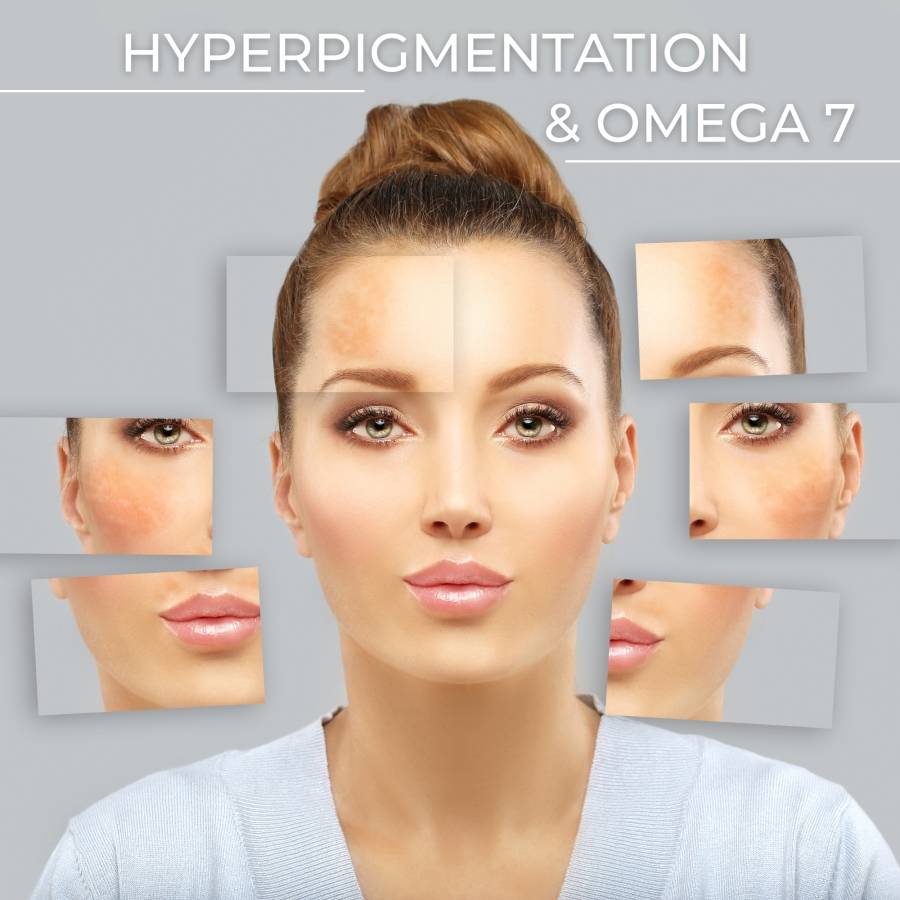
Hyperpigmentation Causes & Potential Solutions
Hyperpigmentation isn’t as scary as it sounds.
It’s a word for the condition in which our skin develops darker spots. It is very common! More often than not the spots are benign, but in certain circumstances they could be cancerous or become cancerous if not treated. If you have any dark pigmented spots that seem abnormal, see a dermatologist first to confirm that they are benign.
There are a variety of types of hyperpigmentation, but before taking drastic measures with steroids or other topical creams likely containing harsh chemicals, our SIBU products are a natural, holistic place to start and provide our skin some extra support.
Of the many at-home ways to treat hyperpigmentation, sea buckthorn oil is a powerhouse. The cause for hyperpigmentation is typically high levels of melanin in the skin. An increase in melanin is primarily due to exposure to UV rays from sunlight.
This study found that the antioxidants, vitamins, omega-3, omega-6, omega-9, and omega-7 fatty acids in sea buckthorn oil essentially counteract skin damage by repairing skin cells!
Be sure to check out SIBU Omega 7 Pure for the often overlooked internal skin support. Omega 7 has been shown to potentially aid in decreasing melanin in the skin.
According to this Healthline Article, there are 3 Main Types of Hyperpigmentation:
-
Post-inflammatory hyperpigmentation: This type of pigmentation stems from inflammation in the skin, like acne. If you’ve experienced severe acne, you may have hyperpigmented scars on your skin because of it.
-
Sunspots: Also known as liver spots, solar lentigines, and ephelides (freckles), sunspots are caused from sun exposure. These sorts of spots you should monitor carefully if they become larger, darker, or asymmetrical. They are also the most common and often benign!
- Melasma: This type of hyperpigmentation usually occurs during pregnancy because of hormonal shifts in the body. Melasma is typically found on the stomach and face.
In addition to applying topical sea buckthorn or ingesting it, a crucial component to keeping hyperpigmentation at bay is sunscreen! If you have any darkened spots on your skin, applying sunscreen daily will help prevent those spots from darkening or potentially becoming cancerous.
All in all, if you’ve noticed hyperpigmentation on your skin, step one is to see a dermatologist to see what they say. Once your dark spots have been deemed benign, step two is to try one of our sea buckthorn products.
The nutrients in sea buckthorn are a shield against increasing levels of melanin.